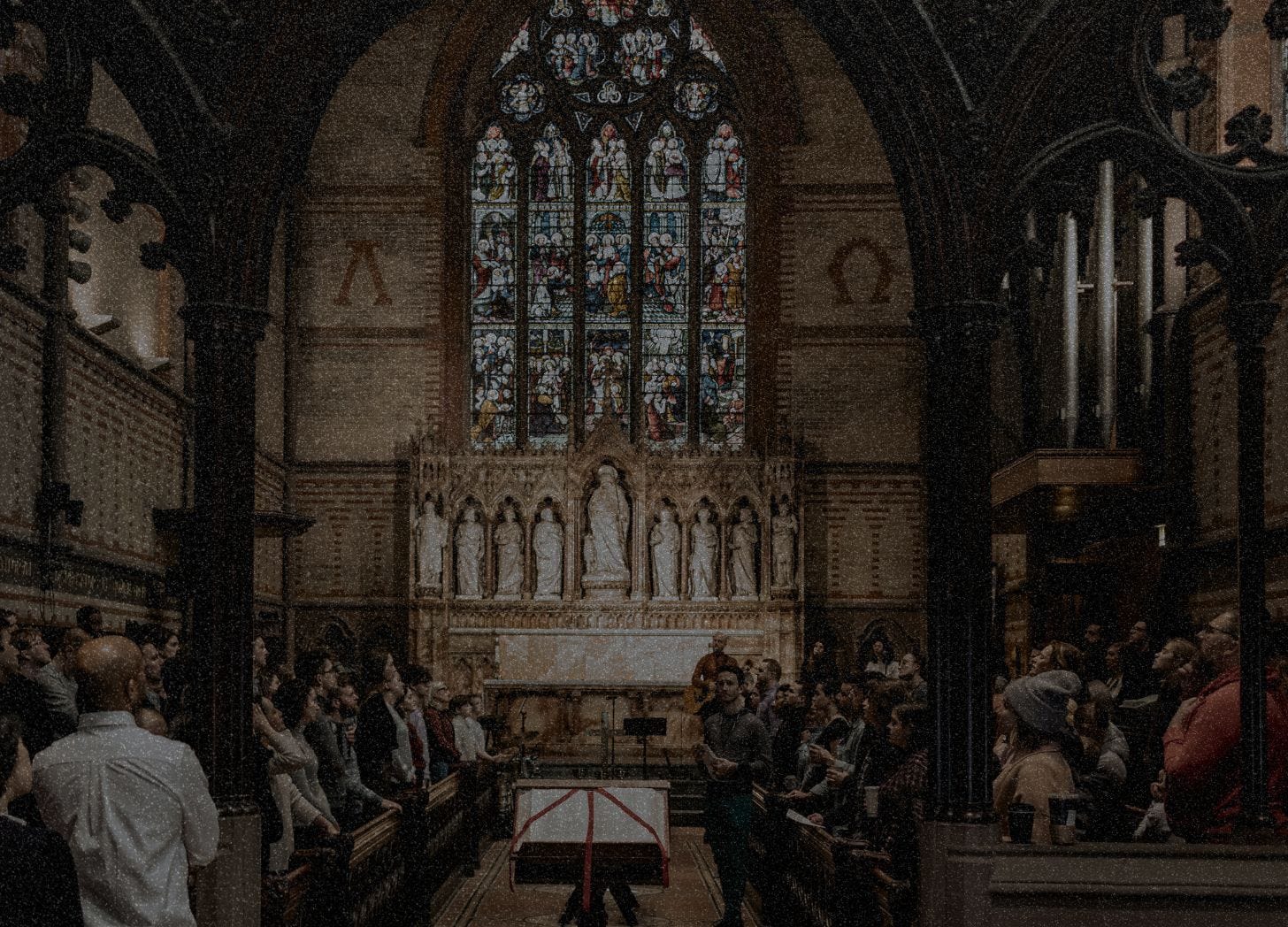Hi, and welcome. You can read this post for free, or listen to me read it by becoming a paid subscriber — a pretty-cheap way to support me as a writer. I appreciate you. ❤️
I’m reading this book called Meeting Jesus Again for the First Time by Marcus Borg. He references John Dominic Crossan’s use of the phrase “open commensality” by saying that “one of the most characteristic activities of Jesus was an open and inclusive table.”
It reminded me of when I went to the Pastors, Priests and Guides retreat in New York City, in May. I didn’t know why I was going — only that some internal Yes said, “Go.” I bookended the retreat with two Sunday services at Good Shepherd. They practice an open table.
All growing up, I was a part of churches that told attendees that if they weren’t Christians, they couldn’t participate in the eucharist.
So I’m reading this book and thinking, “How have I never seen this?”
Except — I realized — I had seen it. I had even known it. I knew it in myself when I was surprised to want to take communion again at Good Shepherd that week. I wanted to be a part of the all who were welcome to take and eat.
The context for Borg’s scholarship in this particular chapter is in relation to Jesus’ subversion of purity systems. He places particular emphasis on the word compassion, and speaks of the way Jesus not-so-subtly institutes an alternative to the conventional wisdom of “be holy as I am holy” with “be compassionate as I am compassionate,” and his participation with people — whomever they were, whatever they thought — at the table.
The open-table fellowship of Jesus was thus perceived as a challenge to the purity system. It was: the meals of Jesus embodied his alternative vision of an inclusive community… whereas purity divides and excludes, compassion unites and includes. For Jesus, compassion had a radical sociopolitical meaning. In his teaching and table fellowship, and in the shape of his movements, the purity system was subverted and an alternative social vision affirmed. The politics of purity was replaced by the politics of compassion.
Anyway, it’s a good book, and when I sent the voice memo above to a friend to tell him about it, I said: “It’s just kind of fun because I didn’t really know why I went to New York that weekend, and it’s nice when One Dot in my brain is all, “Hey, Other Dot! I’m connected to you!”
And he said: Substack that shit.
Voilá.
This post is a part of a series of reflections that I’ve been unrolling following my time in NYC this May. The others that I’ve published so far can be found here:
Thanks for being / becoming with me. People are always surprised to find out that I’ve been a full-time artist since I was a teenager. So am I. It wouldn’t be possible without your help. One was of supporting my work — if you’d like — is to become a paid subscriber, here. Find out more about my art and offerings here. Let me to help you with / coach you through yours, here.






